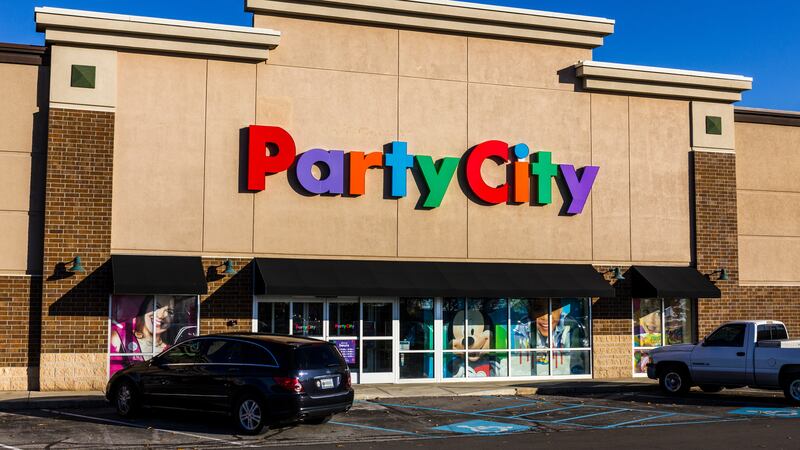LONGWOOD,Fla. — Action 9 exposes a growing threat to local homeowners that could be far more toxic than Chinese drywall.
At least a dozen families now claim foam insulation installed to save energy choked their homes with dangerous gas. Some have been forced out of their homes.
Granite counters, stainless appliances, new cabinets, were all part of a $100,000 renovation in a Longwood home, which now sits deserted.
It was abandoned by a family who believes anyone inside this home can become very sick.
"My heart started racing and racing and I hyperventilated and fell to the floor," said Cynthia Gibson.
The Gibsons' renovations included foam insulation shot into the attic and walls to cut the power bill.
"This would save us money long-term," said Robert Gibson.
But within weeks, the Gibson's said they suspected the insulation released toxic gases that gave them and their son flu-like symptoms.
They said a doctor told them to get out of the house.
"Everything kept getting worse and worse, we had to leave," said Cynthia Gibson.
A testing company discovered risky levels of formaldehyde and other gases.
"Highly toxic, that's how they categorize it, highly toxic," said Robert Gibson.
Action 9 found at least a dozen local families who now blame foam insulation makers and installers for poisoning their homes.
"Are these companies putting homeowners in danger?" Action 9's Todd Ulrich asked attorney Vincent Pravato
"Yes, physically and financially," said Pravato.
Pravato represents five local families and will file lawsuits claiming poorly installed foam released dangerous gas.
"I think it's just the tip of the iceberg," said Pravato.
His firm has leads on many new-construction homes.
"I think you will end up with multiple communities and hundreds and hundreds of homes," said Pravato.
The owner of a Kissimmee home paid contractors to rip the roof off and remove the foam insulation. But Mike Roth fears the contamination is permanent.
"We believe this house is still making us sick," said Roth.
In response, the American Chemistry Council told Ulrich that health and safety are top priorities and spray foam is highly effective insulation.
It could not comment on the lawsuits.
"We are just hoping and praying someone will help us," said Cynthia Gibson.
Some foam companies blame complaints on other sources inside the home, not the insulation, and the industry says the vast majority of insulated homes have no health issues at all.
Response From The Center for the Polyurethanes Industry (CPI) of the American Chemistry Council to Action 9's Todd Ulrich's story:
"Health and safety are priorities for the entire spray polyurethane foam industry. That is why CPI offers free and extensive information on spray foam health and safety considerations to homeowners, contractors and anyone else interested in spray foam. We encourage anyone interested in learning more about spray polyurethane foam to visit www.spraypolyurethane.org to take advantage of these resources.
“Spray foam can provide enormous benefits to homeowners, especially in places like Florida where climate control and moisture concerns are significant. Spray foam is a highly effective insulation material and has a unique ability to fill the gaps that can be difficult to seal and allow air to escape. Using spray foam to seal air leaks can help manage moisture and humidity in a building. By controlling moisture, spray foam can limit one of the key variables that can lead to mold and mildew growth.
“If a homeowner or contractor has questions related to a specific spray foam product, they should contact the manufacturer for more information.”
WFTV




